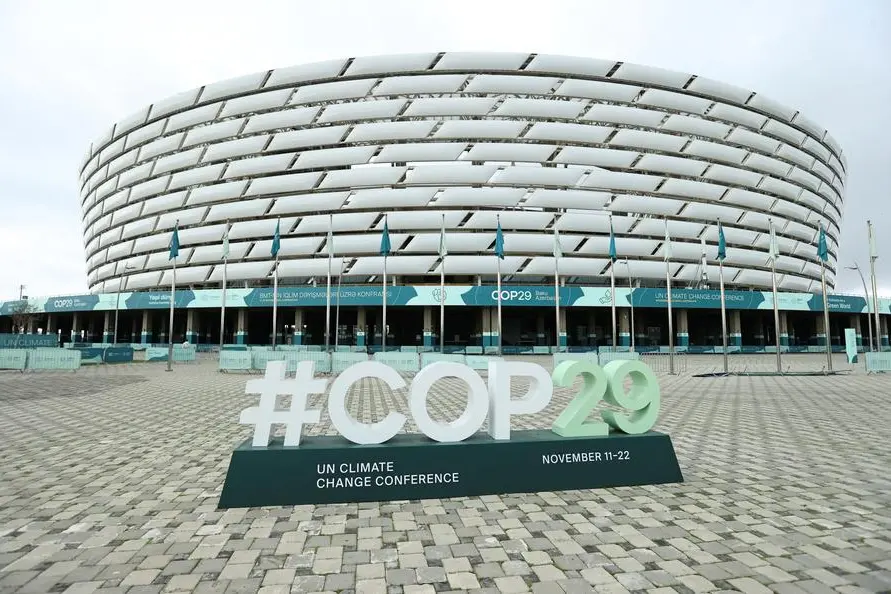PHOTO
In the aftermath of what has been described by trade union representatives as a disappointing COP29 summit held in Baku, Azerbaijan, African trade unions have rallied to call for a unified and determined approach toward achieving a Just and equitable transition.
African trade unions under the African Regional Organisation of the International Trade Union Confederation (ITUC-Africa) expressed strong dissatisfaction with the COP29 outcomes, particularly the failure to secure an ambitious climate finance agreement to support adaptation and mitigation in developing nations.
Trade union leaders had complained that the $300 billion funding pledge by 2035 was deemed grossly insufficient, while the lack of progress on the Just Transition Work Program and other key areas highlighted the inadequate ambition of industrialised nations.
Despite these setbacks, African trade unions rejected despair, instead choosing to mobilise for action.
“Though the disappointment of COP29 is frustrating, African workers and their trade unions would not embrace lamentation, demobilisation, and fatalism,” ITUC-Africa General Secretary Akhator Joel Odigie said in a statement.
Odigie explained that following the fallout of COP29, ITUC-Africa convened a meeting that brought together trade union leaders and civil society allies across Africa to strategise climate action for 2025.
Africa bears a disproportionate burden from climate change and adaptation costs despite producing a small percentage of global emissions. According to the CDP Africa Report, only 3.8 percent of global emissions stem from Africa, compared to 23 percent by China, 19 percent by the US, and 13 percent by the European Union.
Odigie explained that during the meeting, which was held virtually, African trade unions adopted several resolutions to guide their collective climate strategy for 2025.
He said trade unions recognise the importance of multilateralism as a mechanism and pathway to reaching consensus on climate policy and emphasise the need for more political commitment to delivering the needed climate action in line with the ambitions of the Paris Agreement.
The unions, therefore, called on African governments to align climate policies with developmental policies and integrate Just Transition policies within Nationally Determined Contributions (NDCs).
The statement reads in part: “Despite the shortfalls, Africa Trade Unions: Emphasise the importance of engagement and effective participation of all stakeholders, especially trade unions, in climate policies at the national level.
Reiterate the importance of consulting marginalised populations, including women, youth, mineral-bearing community groups, Indigenous peoples, migrant workers, informal workers, persons with disabilities, etc., in the development and implementation of climate policies for more inclusive and holistic policies.”
In Africa, the continent has seen the worst forms of floods and cyclones, which have had dire consequences for agriculture and food security, displacement, and disease outbreaks, among other impacts on economic activities and livelihoods.
Odigie called on all ITUC-Africa affiliates to prioritise climate change work and collaborate with policymakers to advance a Just Transition for all.
He said to build a collective strategy for action, African Trade Unions commit to:
Expand and revitalise the climate change network, including more francophone affiliates; Convene a meeting of the Africa Trade Union Network in 2025; Organise capacity-building sessions for network members throughout 2025.
The ITUC-Africa General Secretary also said trade unions will conduct research and produce policy papers to support advocacy on Just Transition, actively engage in respective countries’ Nationally Determined Contribution (NDC) review processes, and engage policymakers on labour rights, social dialogue, and social protection issues.
Copyright © 2022 Nigerian Tribune Provided by SyndiGate Media Inc. (Syndigate.info).




















